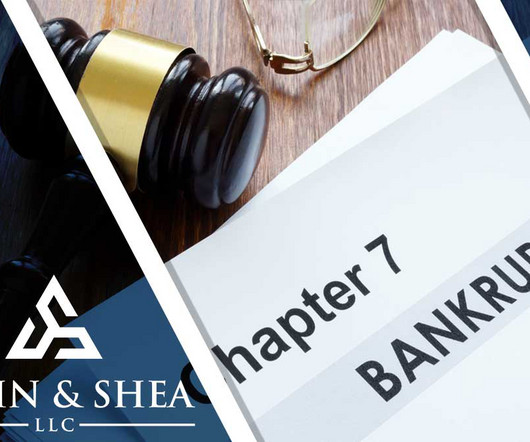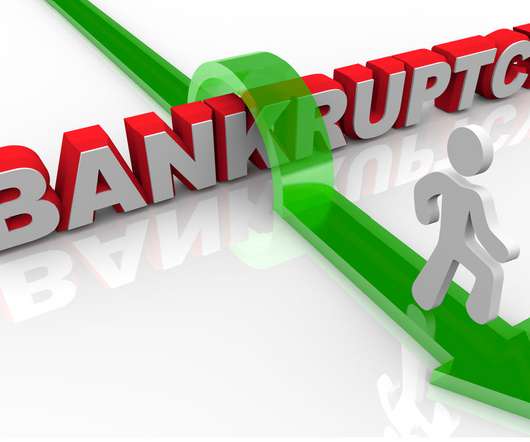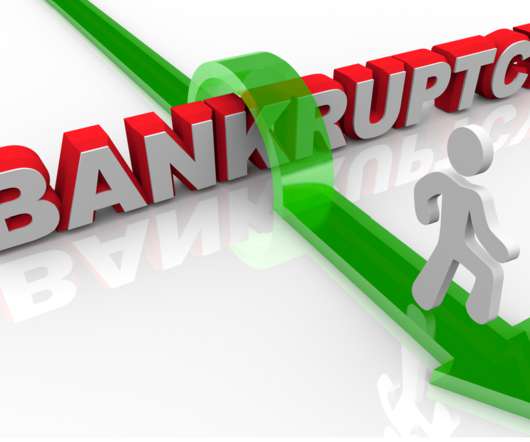Secured vs Unsecured Debt: Everything You Need to Know
Sawin & Shea
NOVEMBER 15, 2023
Declaring bankruptcy will discharge most types of debt but not others. Before you declare bankruptcy, it’s crucial to understand how the law treats the concept of secured vs unsecured debt. It matters because not all debts are equal in the eyes of the law. Secured vs Unsecured Debt: What’s the Difference?




















Let's personalize your content